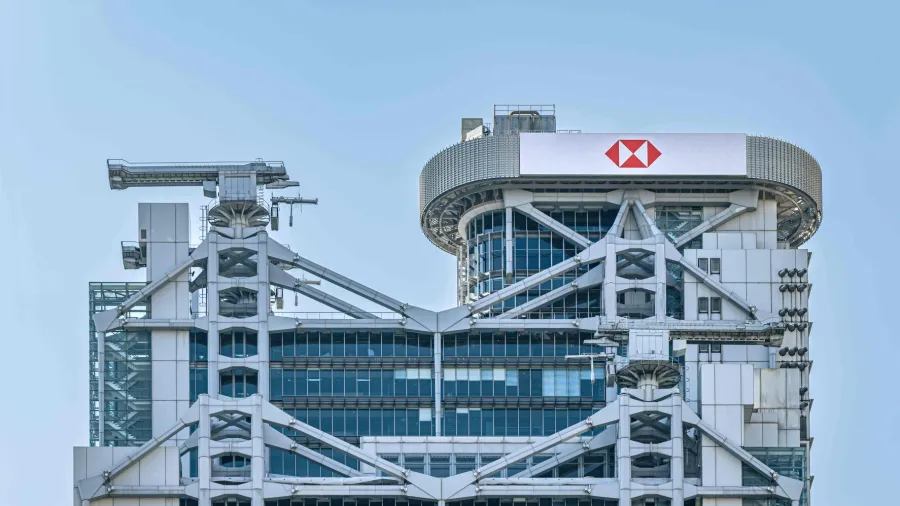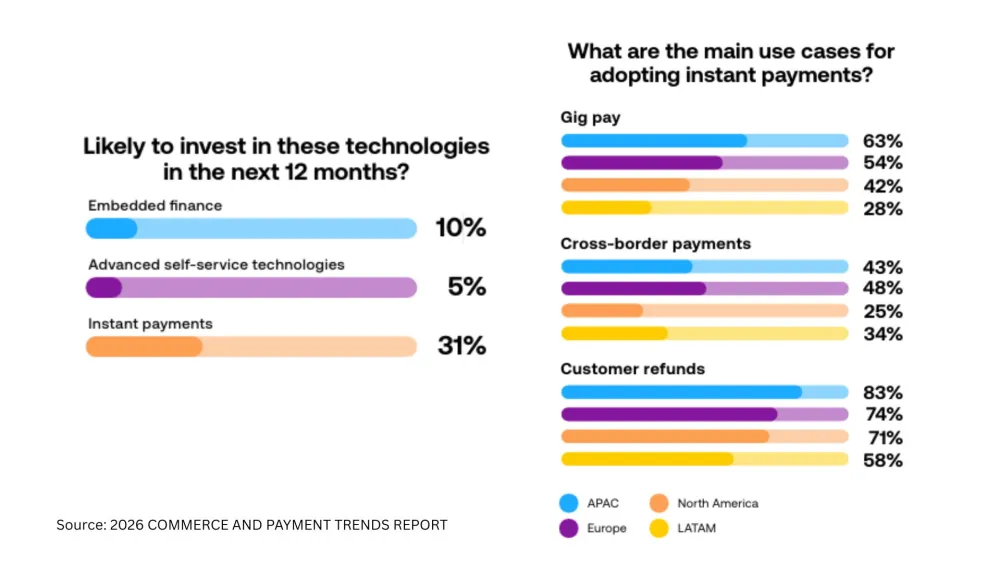
Companies seek real-time liquidity management to avert cash-flow crisis
There is increased corporate demand for liquidity and risk coverage, says HSBC.
More companies want to be able to manage their cash in real time in the face of a global trade war that could snarl financial planning, disrupt supply chains, and raise costs, according to analysts.
At the top of corporate clients’ concerns these days is real-time cash and liquidity management, Patrick Zhu, managing director and regional head of corporate sales for the Asia-Pacific region at HSBC Holdings Plc’s Global Payments Solutions, told Asian Banking and Finance.
“The faster you can act in response, the more you can mitigate evolving external policy changes,” he said via Zoom. Some companies also want to graduate from being just exporters by expanding overseas, he added.
“They are starting to think that maybe they should have an overseas packaging center, or a center that can process the final assembly work,” Zhu said. “For them, it’s very high risk—venturing and setting up operations, incorporating as a local firm, even hiring local staff.”
Some companies are thinking of revamping their supply chains by expanding to different parts of the world, especially after the US announced “punitive’ tariffs” in April, Abhishek Chopra, head of Global Trade Solutions at HSBC for North Asia excluding China, told the same Zoom interview.
There have also been talks of shutting down some business units, though all these plans have been paused after the US and China agreed to suspend most tariffs on each other’s goods on 12 May, he added.
“With the pause agreed between China and the US, there is a lot of buzz coming back,” he said. “The container shipment booking has gone up a lot,” he added, after earlier citing a double-digit drop in bookings after US President Donald Trump announced sweeping reciprocal tariffs.
Chopra said their clients had been preparing for the global trade war since November 2024, although Trump’s tariff announcement at the start of April still threw them in a loop.
He said companies have been front-loading their supplies of goods and services in the past five months. “People are smart enough to kind of change their supply chain tactics to serve particular countries, both on the export and import side.”
Chopra cited increased client demand for risk underwriting and letters of credit and guarantee from offshore sellers. “People are looking for liquidity. People are looking for assessment or coverage of their risks.”
More companies are also demanding cross-border liquidity solutions, such as a virtual notional cash pools for different currencies, Zhu said. E-commerce solutions and business-to-business trading are also on the rise, he added.
Chopra and Zhu see trade and investment activities shifting more toward Southeast Asia to avoid high tariffs.
“We have seen the Chinese going more into the Middle East,” Chopra said. “We have seen large Korean, Japanese and Chinese companies invest in ASEAN (Association of Southeast Asian Nations).”
Zhu said markets are watching the service industries, which the Trump government has yet to touch as far as tariffs are concerned.



















 Advertise
Advertise











